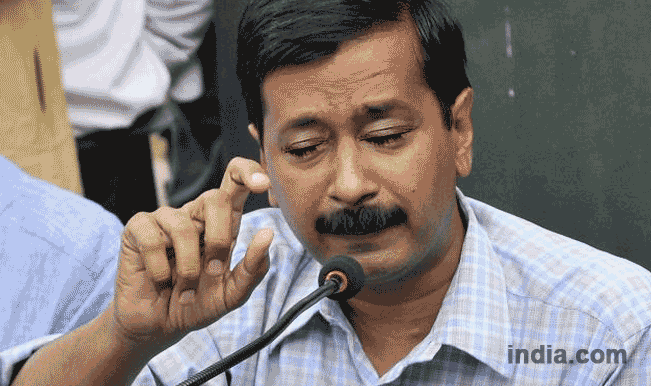India's 2024 Elections: Market Impact and Marketing Insights
The 2024 Indian general elections have concluded, with the Bharatiya Janata Party (BJP) emerging as the single largest party but short of a majority. The National Democratic Alliance (NDA) is ahead in 295 seats, while the opposition bloc, led by the Indian National Congress, is leading in 233 seats. The outcome has significant implications for the Indian economy and financial markets, which we will explore in this article.
Market Reaction
The election results have led to a sharp fall in the benchmark indices, with the Sensex down by over 4,000 points and the Nifty by 1,250 points. This decline is largely attributed to the uncertainty surrounding the formation of the next government and the potential for policy changes. The rupee has also weakened, trading at around 83.60 against the US dollar.
Impact on Economic Policies
The election outcome will influence the economic policies of the next government. If the BJP forms the government, it is likely to continue its growth-supportive policies, including infrastructure spending and a push for the manufacturing sector. This could lead to a rally in the equity markets, with benchmark indices potentially gaining 4-5% in the short term. The rupee could also appreciate to around 82.80 levels against the dollar, and the benchmark bond yield may dip to 6.90%-6.92% from near 7% currently[1].
Marketing Insights
The election results offer valuable insights for marketers in India. Here are a few key takeaways:
1. Regional Focus: The elections highlight the growing importance of regional parties and their influence on national politics. Marketers should consider targeting specific regional demographics and tailoring their messaging to resonate with local audiences.
2. Policy Uncertainty: The uncertainty surrounding the formation of the next government and potential policy changes can impact consumer confidence and spending patterns. Marketers should be prepared to adapt their strategies to changing market conditions.
3. Digital Dominance: The elections have seen significant use of digital media, with social media platforms playing a crucial role in shaping public opinion. Marketers should prioritize digital marketing strategies to effectively reach their target audiences.
4. Freebies and Promotions: The role of freebies in elections underscores the importance of promotions and offers in marketing. Marketers can leverage these tactics to drive sales and increase brand visibility.
5. Regional Party Alliances : The emergence of regional parties as key players in national politics highlights the need for marketers to form strategic alliances and partnerships with local businesses and organizations to expand their reach.
Conclusion
The 2024 Indian general elections have significant implications for the country's economy and financial markets. Marketers should be prepared to adapt their strategies to changing market conditions and leverage the insights from the elections to inform their marketing decisions. By focusing on regional demographics, digital marketing, and strategic alliances, marketers can effectively navigate the post-election landscape and capitalize on emerging trends.
SEE YOU IN THE NEXT ELECTIONS!








